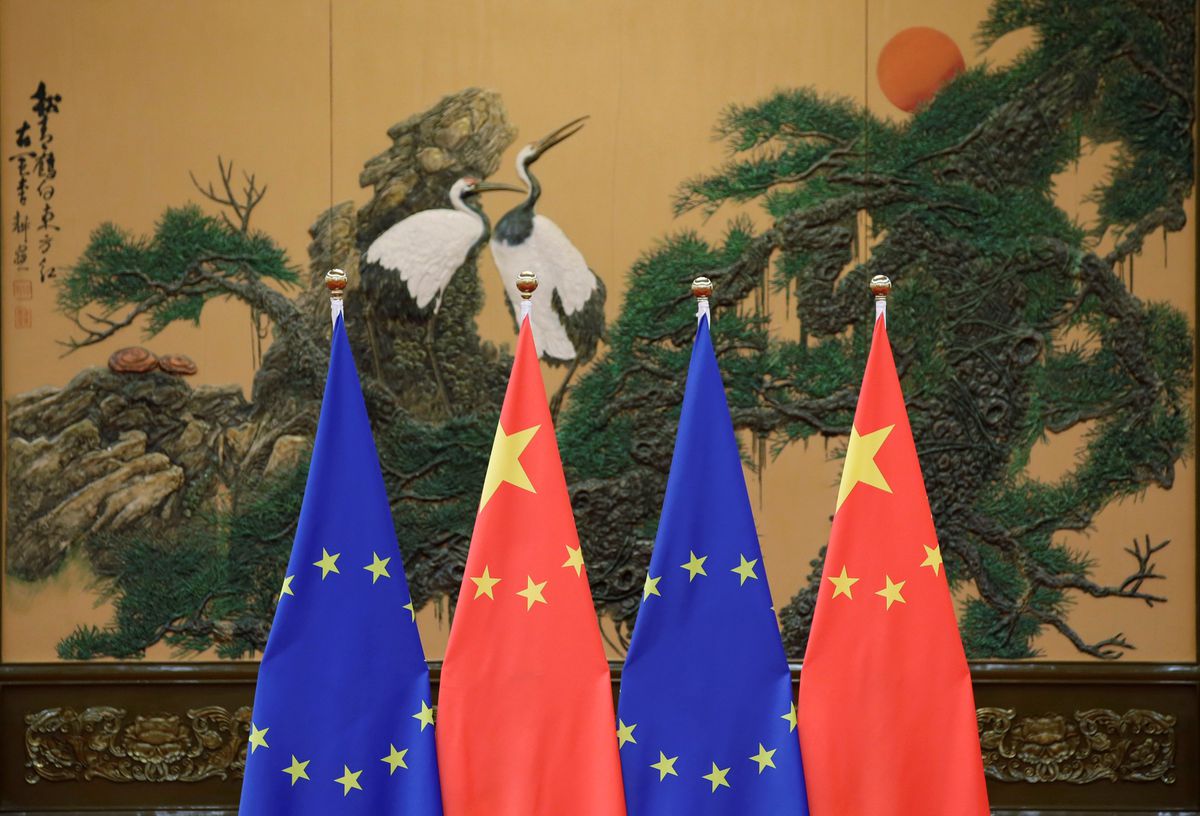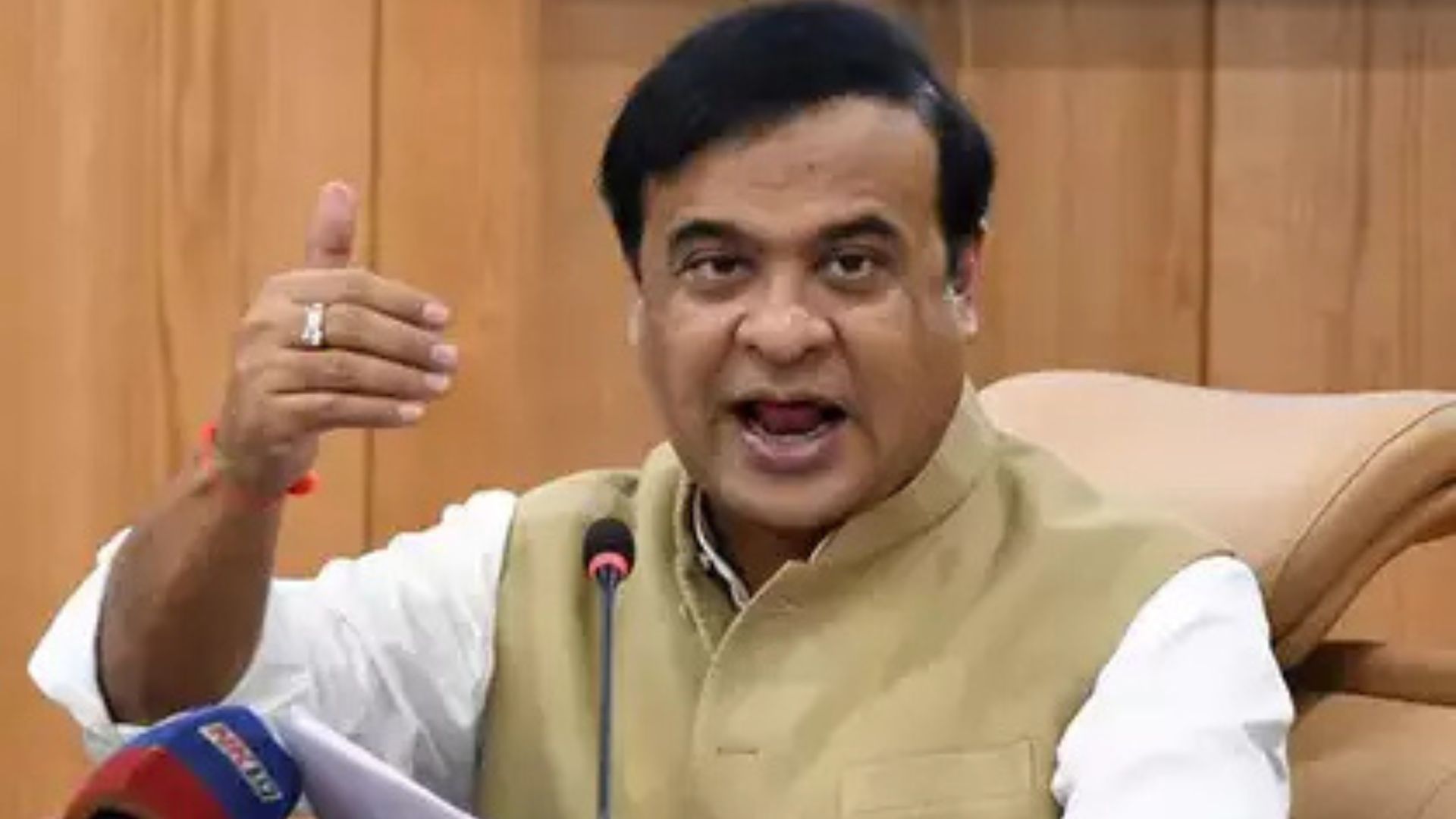
The EU has stated that it has asked the World Trade Organization (WTO) to set up panels for two of its ongoing trade disputes with China.
“One concerns the legality of the trade restrictions that China has had in place against Lithuanian exports and EU exports containing Lithuanian content since December 2021. The other concerns the legality of China restricting EU holders of high-tech patents from accessing EU courts to effectively protect and enforce their rights,” the European Commission said in a statement on Wednesday.
The EU claimed that the Chinese actions were extremely harmful to European enterprises in both instances. Additionally, China’s discriminatory actions against Lithuania have an influence on intra-EU supply chains, trade inside the EU, and the efficiency of the EU internal market.
According to the Commission, lifting these restrictions serves the EU’s economic and geopolitical interests.
China has implemented discriminatory and coercive measures on exports from Lithuania and against exports of items from the EU with Lithuanian content since December 2021. These have included Lithuanian imports being rejected by Chinese customs officials, limits on imports affecting multinational corporations using Lithuanian components, and a decrease in Chinese exports to Lithuania.
The 27-member bloc claimed that China abruptly formalised complete import bans on alcohol, beef, dairy, logs, and peat shipped from Lithuania as part of the same group of measures. According to the 27-member bloc, phytosanitary justifications were used for these measures. China failed to provide sufficient justification for these bans when pressed for more information.
“Chinese customs statistics show that trade from Lithuania to China dropped by 80 percent from January to October 2022 as compared with the previous year. By requesting a WTO panel, the EU is protecting its Member States against China’s discriminatory measures, which the EU considers to be in breach of WTO rules,” the commission said.
Beginning in August 2020, Chinese courts will make what are referred to as “anti-suit injunctions” that forbid businesses with high-tech patents from successfully defending their inventions in non-Chinese jurisdictions, such as EU courts.
These “anti-suit injunctions” unreasonably restrict the options available to high-tech patent owners, such as a European corporation that owns mobile phone technology, to file a lawsuit in an EU court to resolve a disagreement with a potential licensee.
The Dispute Settlement Body (DSB) of the trade organisation will debate the EU’s request after the request for the creation of WTO panels at its subsequent meeting on December 20, 2022.
China can oppose the establishment of a panel once. If it does so, the EU will renew its request, and the panel will be established at the January 30 meeting of the DSB in 2023. Panel proceedings can last up to one and a half years.















